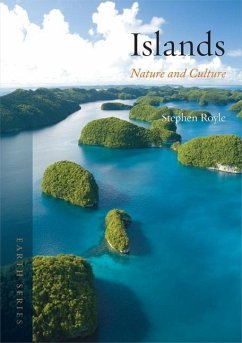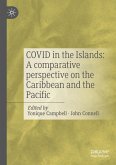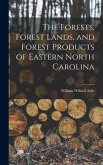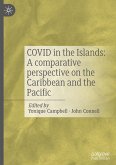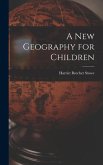Islands are contradictory places: they can be remote, mysterious spots, or lively centres of holiday revelry. They are associated alternately with escape, imprisonment, holiday and exile, and their exotic, otherworldly beauty has inspired artists and writers across the centuries. Islands have been sites of immense political, creative and scientific importance, from Charles Darwins enlightening voyage to the Galápagos Islands, which resulted in his groundbreaking theory of evolution, to the moated prisons incarcerating the worlds deadliest prisoners.Despite the common view of islands as earthly paradises, their often small size means they have restricted resources and limited opportunities for their inhabitants to thrive. In response, islanders have welcomed, or sternly rejected, the fresh opportunities offered by turning their homes into tourist destinations. For people seeking beautiful landscapes, solitude or exciting adventure, islands are the most popular holiday spots in theworld. They entice the rich and famous, and their allure has provided refuge and inspiration for artists, from Paul Gauguin in Tahiti to George Orwell on the Scottish island of Jura, and general visitors alike.
Filled with illustrations, Islands is a comprehensive exploration of the geographical and cultural aspects of island life - their habitation and environments, their permanent residents and vast transitional populace, their colonial history and enduring appeal to people around the world.
Hinweis: Dieser Artikel kann nur an eine deutsche Lieferadresse ausgeliefert werden.
Filled with illustrations, Islands is a comprehensive exploration of the geographical and cultural aspects of island life - their habitation and environments, their permanent residents and vast transitional populace, their colonial history and enduring appeal to people around the world.
Hinweis: Dieser Artikel kann nur an eine deutsche Lieferadresse ausgeliefert werden.

